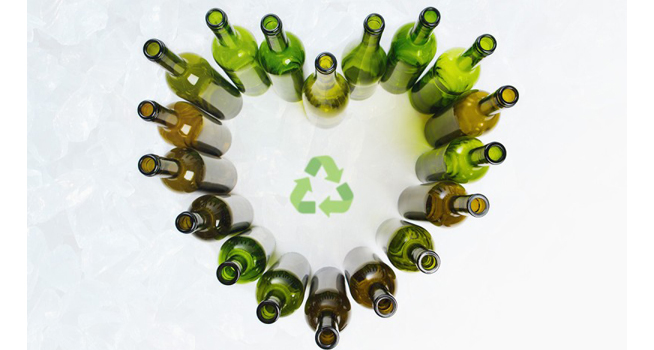Ardagh Glass Packaging (AGP), part of Ardagh Group, will celebrate the United Nations International Year of Glass throughout 2022, commemorating the essential role of glass packaging in a sustainable society.
The year-long celebration will result in a range of events across the world, including fairs and exhibitions, seminars and social media campaigns, to inform and educate communities everywhere of the rich history that glass has and its enormous beneficial contributions in areas such as sustainability, health, culture and art to name a few. AGP are looking forward to supporting some of the events taking place in its own regions in recognition of this significant milestone for the glass industry. These include the National Day of Glass from April 5-7 at the Madison in Washington DC and the Glasstec Exhibition from September 20-23 in Dusseldorf, Germany.
The very first glass bottles and jars were made in Egypt more than 2000 years ago. Today, glass packaging is made from 100 percent natural and sustainable raw materials: recycled glass, limestone, soda ash and silica sand.
Glass is sustainable and infinitely recyclable, making it the perfect material for a circular economy. Additionally, glass is the only widely-used food packaging granted the U.S. Food and Drug Administration (FDA) status of ‘GRAS,’ or Generally Regarded As Safe – the highest standard.
AGP has a long and proud history of glassmaking dating back more than 300 years. All of AGP’s glass bottles and jars contain recycled glass (cullet), and, in Europe, AGP uses up to 90 percent recycled content in the manufacturing process. Mike Dick, Chief Commercial Officer for Ardagh Group, said, “AGP is a leading supplier of sustainable, infinitely recyclable glass packaging, that plays a key role in the circular economy. In this IYOG, AGP is focused on product and process innovations, as well as working on breakthrough projects which will help to achieve our 2030 sustainability targets outlined in Ardagh Group’s latest Sustainability Report.”
These targets include zero waste to landfill, a 26 percent intensity reduction in water usage, a 23 percent intensity reduction in NOx emissions, a transition to 100 percent renewable electricity and maximising the use of recycled glass in our furnaces. We are also committed to delivering CO2 reduction through a continued focus on developing lower carbon glass packaging via both new and existing technologies.
Eight facilities across AGP are already using renewable electricity: Limmared, Sweden, Barnsley, Doncaster, Irvine and Knottingley in the U.K. and Bridgeton, New Jersey; Burlington, Wisconsin; and Madera, California in the United States. To support AGP’s emissions reduction strategy, major off-site renewable energy projects are under development in three European facilities: one in Germany and two in the UK.
Aligned with these sustainability targets, AGP – North America (NA) has diverted waste from landfill at its Burlington, Wisconsin and Ruston, Louisiana facilities by diverting 100 percent of their non-hazardous oily debris from landfill and converting it for energy recovery and alternative use. In the future, this same methodology will be implemented at additional facilities throughout AGP – NA.






